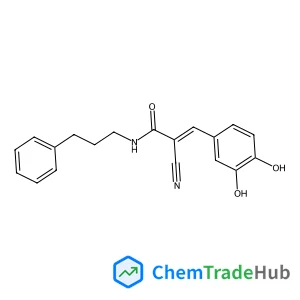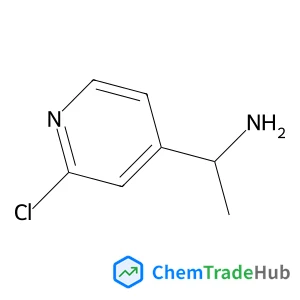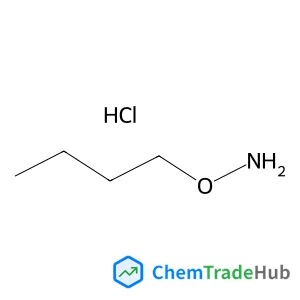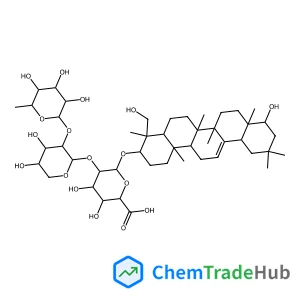Autonomous polymer synthesis delivered by multi-objective closed-loop optimisation
文献信息
Stephen T. Knox, Sam J. Parkinson, Clarissa Y. P. Wilding, Richard A. Bourne, Nicholas J. Warren
Application of artificial intelligence and machine learning for polymer discovery offers an opportunity to meet the drastic need for the next generation high performing and sustainable polymer materials. Here, these technologies were employed within a computationally controlled flow reactor which enabled self-optimisation of a range of RAFT polymerisation formulations. This allowed for autonomous identification of optimum reaction conditions to afford targeted polymer properties – the first demonstration of closed loop (i.e. user-free) optimisation for multiple objectives in polymer synthesis. The synthesis platform comprised a computer-controlled flow reactor, online benchtop NMR and inline gel permeation chromatography (GPC). The RAFT polymerisation of tert-butyl acrylamide (tBuAm), n-butyl acrylate (BuA) and methyl methacrylate (MMA) were optimised using the Thompson sampling efficient multi-objective optimisation (TSEMO) algorithm which explored the trade-off between molar mass dispersity (Đ) and monomer conversion without user interaction. The pressurised computer-controlled flow reactor allowed for polymerisation in normally “forbidden” conditions – without degassing and at temperatures higher than the normal boiling point of the solvent. Autonomous experimentation included comparison of five different RAFT agents for the polymerisation of tBuAm, an investigation into the effects of polymerisation inhibition using BuA and intensification of the otherwise slow MMA polymerisation.
相关文献
IF 6.222
An environmentally friendly natural polymer as a universal interfacial modifier for fullerene and non-fullerene polymer solar cellsIF 6.367
In situ growth of all-inorganic perovskite nanocrystals on black phosphorus nanosheetsIF 6.222
Solventless thermal crosslinked polymer protective layer for high stable lithium metal batteriesIF 6.367
Enhanced power performance of an in situ sediment microbial fuel cell with steel-slag as the redox catalyst: I. electricity generationIF 6.367
Highly efficient and durable III–V semiconductor-catalyst photocathodes via a transparent protection layerIF 6.367
Catalytic depolymerization of Kraft lignin to produce liquid fuels via Ni–Sn metal oxide catalystsIF 6.367
Electrocatalytic cleavage of lignin model dimers using ruthenium supported on activated carbon clothIF 6.367
Novel aqueous amine looping approach for the direct capture, conversion and storage of CO2 to produce magnesium carbonateIF 6.367
Three-terminal III–V/Si tandem solar cells enabled by a transparent conductive adhesiveIF 6.367
来源期刊
Polymer Chemistry
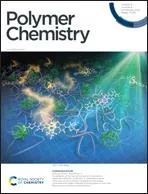
Polymer Chemistry welcomes submissions in all areas of polymer science that have a strong focus on macromolecular chemistry. Manuscripts may cover a broad range of fields, yet no direct application focus is required.
推荐供应商
 青岛新永安化学品有限公司
青岛新永安化学品有限公司 Macylab仪器公司
Macylab仪器公司 马希宁·梅切尔
马希宁·梅切尔 石家庄超微新材料科技有限公司
石家庄超微新材料科技有限公司 金恩(广州)新材料有限公司
金恩(广州)新材料有限公司 威海智德真空科技有限公司
威海智德真空科技有限公司 Geveke Klimaattechniek bv
Geveke Klimaattechniek bv CARBOGEN AMCIS AG
CARBOGEN AMCIS AG 霸州路德精细化工有限公司
霸州路德精细化工有限公司 天津市卓龙进出口贸易有限公司
天津市卓龙进出口贸易有限公司










